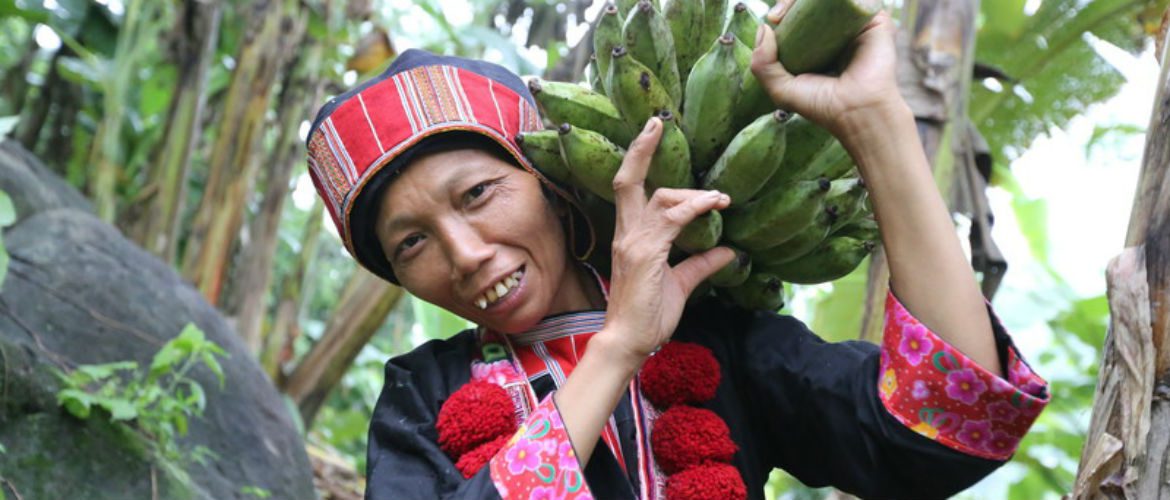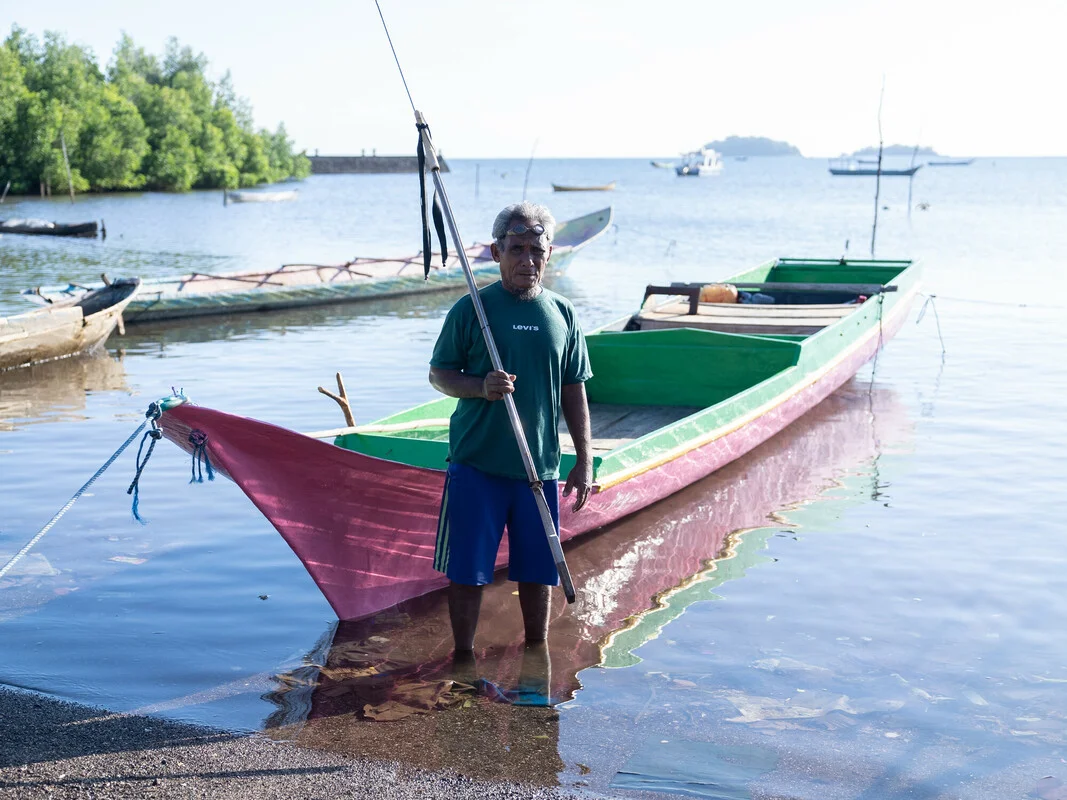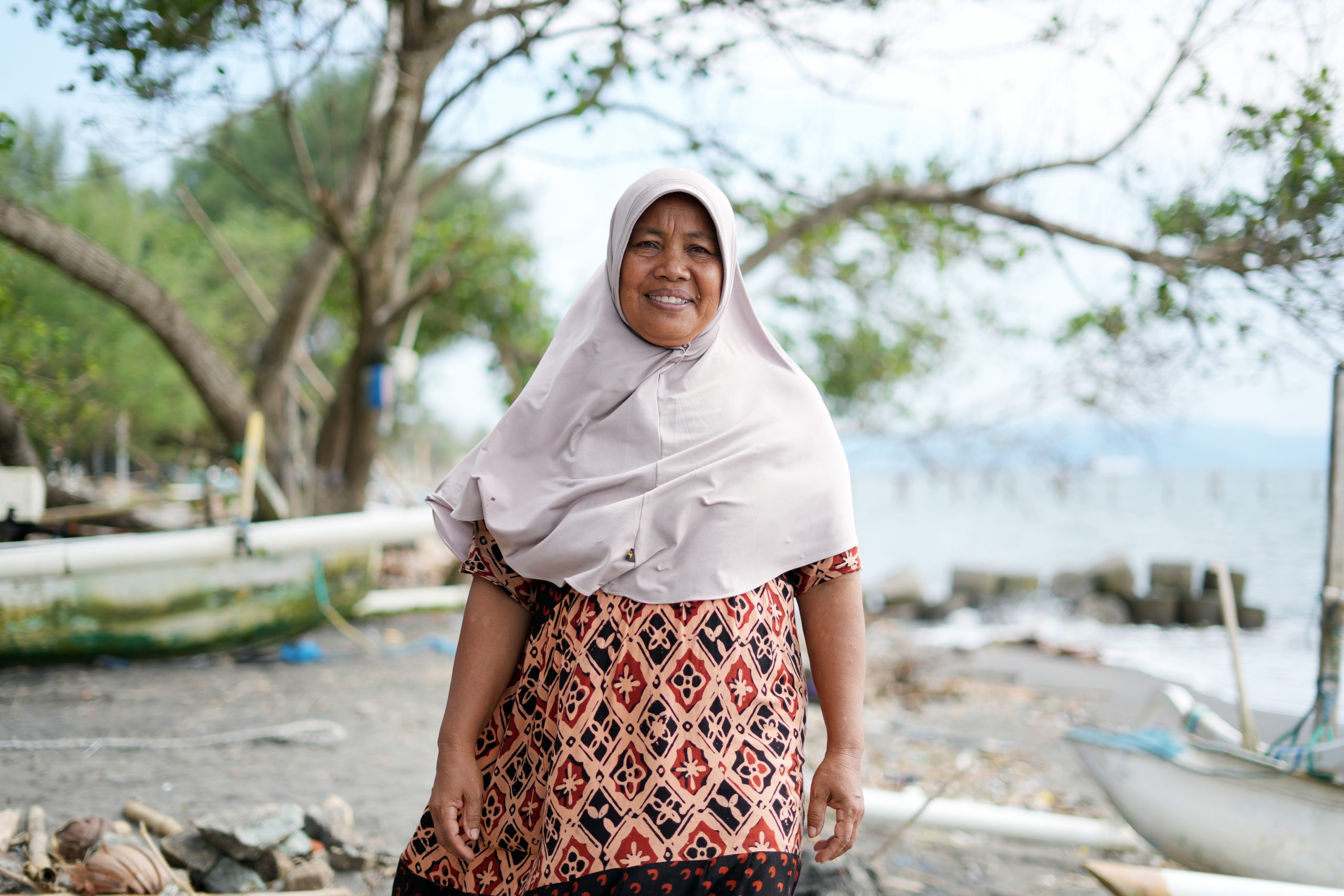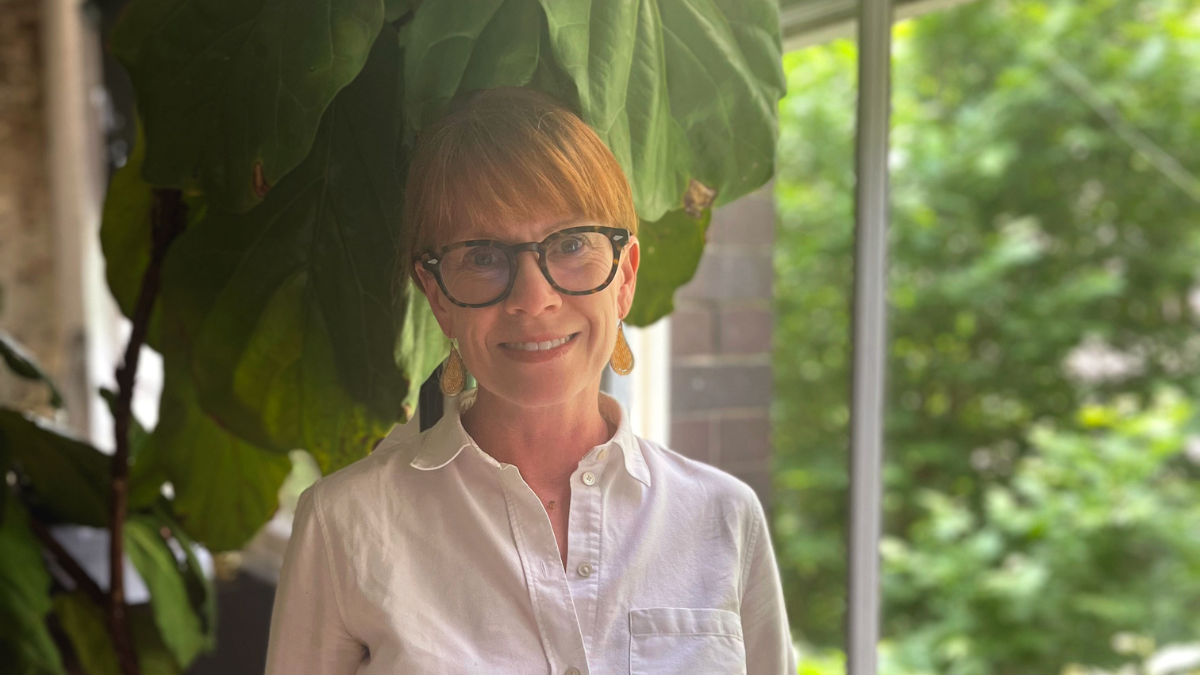What do bananas, pigs and cinnamon have in common? There’s no punch line – in Vietnam, they are giving independence and a source of income to women farmers who were living in poverty.
There’s a saying that many hands make light work, and while the farmers in Oxfam’s Women’s Economic Empowerment through Agriculture Value Chain Enhancement (WEAVE) project in the north-west region of Vietnam wouldn’t exactly call their work light, working together has vastly improved their business and their lives.
WEAVE supports ethnic minority women’s economic empowerment in pork, cinnamon and banana farming by promoting equality between women and men, strengthening producers’ skills and bargaining power, and working with business and government decision-makers to support producers.
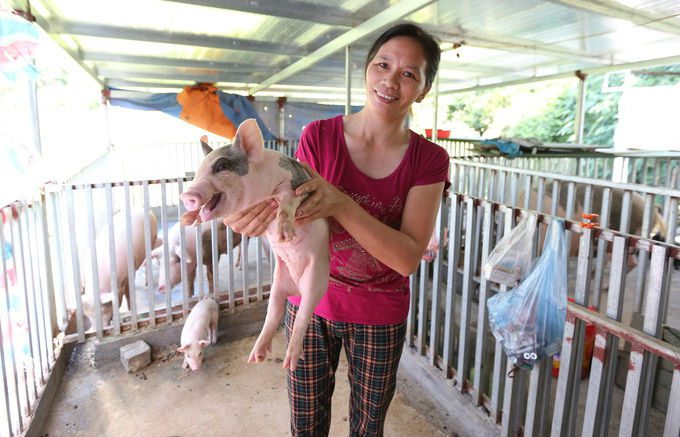
Photo: Do Manh Cuong / Oxfam
“Before these training groups were made available, farmers worked mainly within their families,” says pig farmer Lâm Thi Yên.
“There was little cooperation. Since these groups have formed, farmers have started working together. These farmers share their resources and knowledge, including where they buy different breeds and food. This creates a cooperative environment.”
While WEAVE only launched in August last year, the program has already made a huge difference to more than 1,800 people in the region – the majority of whom are women.
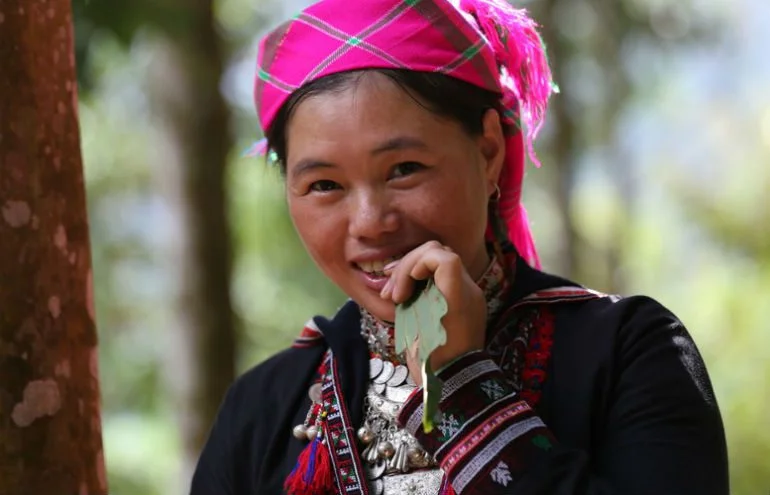
In fact, while the project focuses on helping farmers get a fair price for their produce, women are also seeing improvements in how they are treated by men in the community.
“Prior to joining these groups, many husbands would just drink alcohol,” Yên says.
“However, they have now changed and are more aware of participating and engaging with the group. These men no longer drink alcohol and [instead] share housework with their families.”
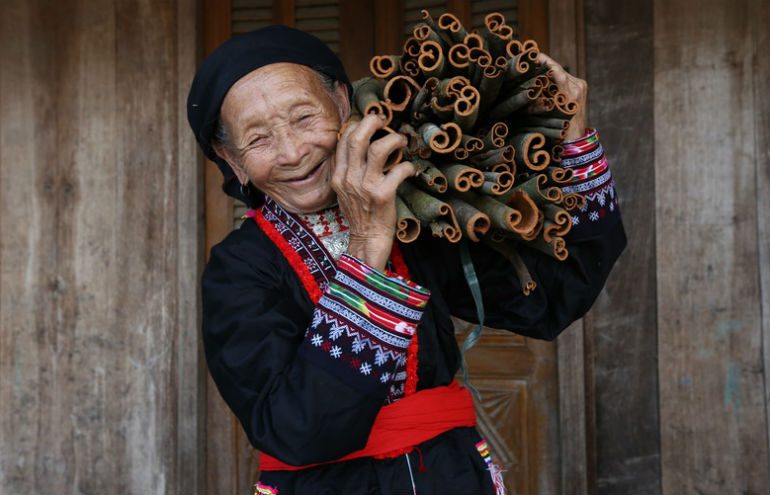
Photo: Do Manh Cuong / Oxfam
Fellow WEAVE member, Nung Thi Kim, adds, “My husband is able to stay at home and clean the house and organise the cooking and feeding of the chickens and pigs,”
“When I come home from work, I can relax and just have dinner and go to sleep!”
Based on interview with Nguyen Thi Phuong Dung.
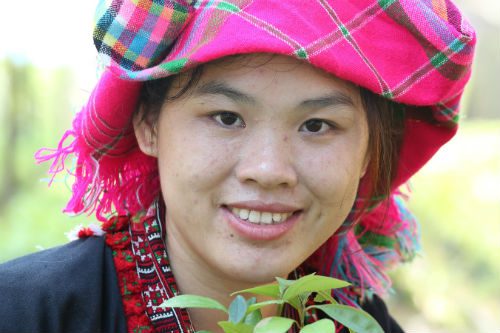
Make a general donation
Together, we can help people grow more food, educate their children, and lead healthy, productive lives.
